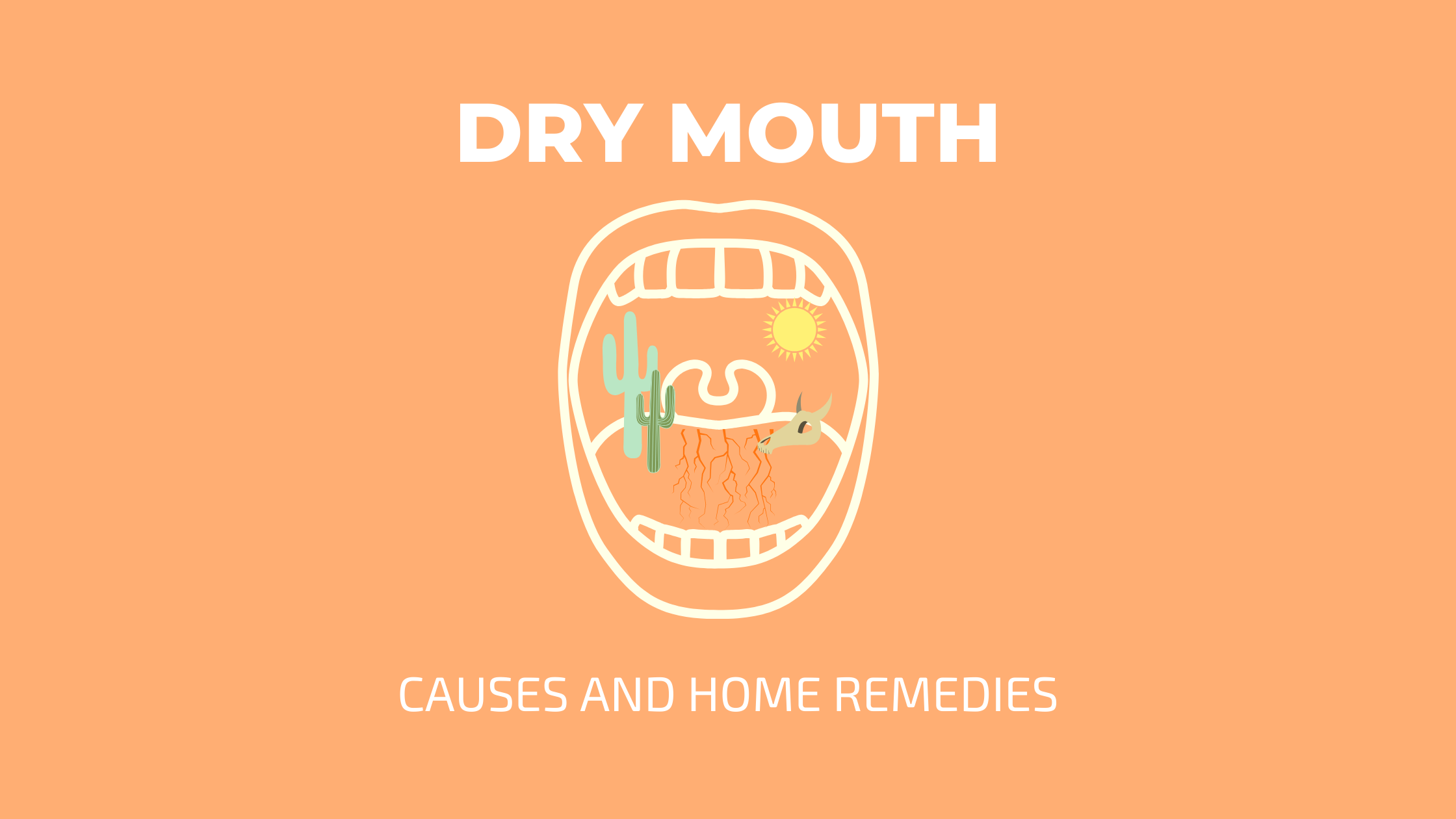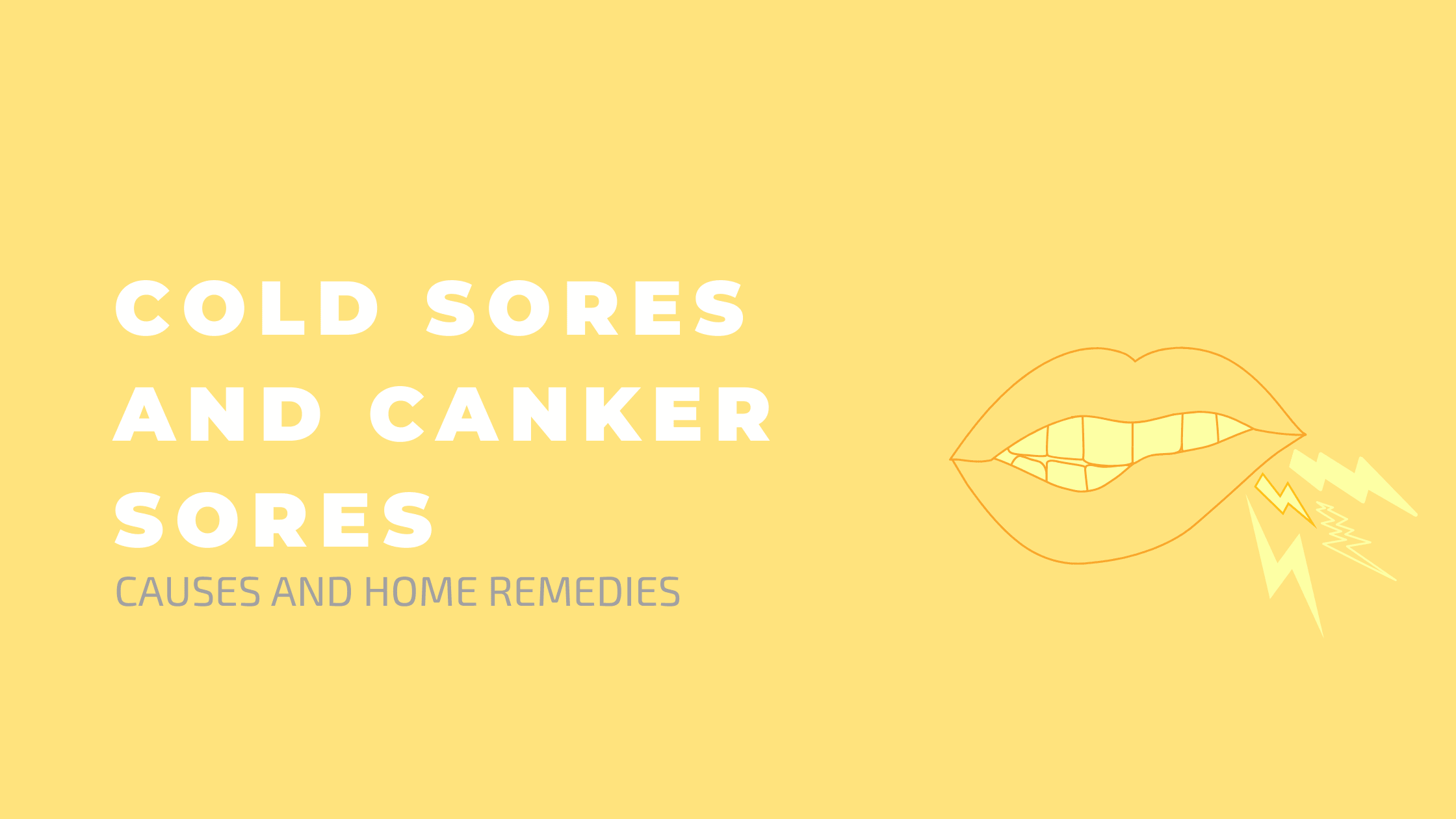
Dry Mouth
If you have dry mouth with dry mouth sores, it's difficult to enjoy your food, or even speak. When your salivary glands are not producing enough saliva, you experience dry mouth (xerostomia). According to NIH National Institute of Dental & Craniofacial Research, saliva is extremely important to a healthy mouth and other functions. Speaking, eating and swallowing would be very difficult, if not impossible without the aid of saliva. Other functions of saliva include:
- Helps digest food by salivary enzymes, and enhances your ability to taste.
- Protects teeth from tooth decay by keeping the mouth at a neutral pH, therefore neutralizing acids produced by bacteria.
- Saliva helps prevent bacterial growth by fighting acids produced by bacteria.
- Saliva makes chewing and swallowing possible.
Xerostomia (dry mouth) can cause sores in the mouth, cracks on the corners of the mouth and lips, a burning sensation in the mouth and even dry, red raw tongue. In severe situations, swallowing and speaking will become difficult too. Another common side effect to dry mouth is gum disease. For people who have dentures, it can make it difficult to wear them.
Causes of Dry Mouth
There are many causes of dry mouth and mouth sores. One cause may even be due to your toothpaste or other products you use for oral hygiene. Decrease in production of saliva results in dry mouth. What brings about the low levels of saliva include:
- Aging - Seniors tend to take medications that have dry mouth as a side effect.
- Medications - Several prescription and non-prescription drugs, including those to treat depression, anxiety, pain, allergies, nausea, muscle relaxants and sedatives, Sjorgren's Syndrome, HIV/AIDS, Alzheimer's, fibromyalgia, diabetes, rheumatoid arthritis among others have side effects that contribute to dry mouth
- Cancer therapy - Cancer treatment with chemotherapy or radiation, may result in nerve damage to the head and neck which may cause dry mouth.
- Health disorders - Infections or conditions such as Sjorgren's Syndrome, diabetes, HIV/AIDS, autoimmune disorders, depression, anxiety, and stress may cause dry mouth.
- Head & neck nerve damage - Any damage to the nerves in your head and neck area during surgery or from trauma may result in permanent dry mouth.
- Dry mouth at night, mouth breathing, or snoring - Mouth breathing dries the tissues and contributes to dry mouth, as does snoring. Morning bad breath can be caused by mouth breathing during sleep.
- Tobacco and alcohol - Either smoking or chewing tobacco and alcohol drinks or mouthwash, can cause dry mouth.
- Dry mouth diabetes - If you have diabetes, make sure to practice good home oral hygiene, or you may suffer with dry mouth, gum disease and tooth decay.
- Mouth rinse with alcohol can cause dry mouth. It's always best to use an alcohol-free mouthwash.
- Sodium lauryl sulfate (SLS) is a foaming detergent used in many toothpaste. It may contribute to dry mouth. Choose an SLS free toothpaste.
Dry Mouth Symptoms
Dry mouth means your saliva is not producing as it should. As a result, the following may be what you experience:
- Dry mouth with sticky feeling in the mouth
- Dry throat and difficulty tasting food or speaking
- Bad breath
- Difficulty swallowing
- Taste change
- Tooth decay
- Gum sensitivity and gum disease
- Mouth sores
- Cracked lips
Home Remedies For Dry Mouth & Treatment of Xerostomia
The steps below will help dry mouth. The treatment, and how Cleure can help depends on the cause of your dry mouth. Below are some suggestions:
- If the cause is medications, ask your physician about alternatives to the drugs you're currently taking.
- Drink plenty of water to keep your mouth moist. You can sip water throughout the day to help as well.
- Use a small spray bottle filled with natural alcohol free breath spray with xylitol and spray as needed in your mouth. This will help neutralize the acids, help increase salivary flow and help with bad breath.
- Suck on xylitol breath drops or chew xylitol chewing gum that's free of sugar. Xylitol has been shown to help increase salivary flow.
- Use a room vaporizer to add moisture to the room.
- Breath through your nose, not your mouth. This may take practice or even a consultation with your dentist.
- Don't be tempted to take over-the-counter antihistamines or decongestants, since they can make your symptoms worse.
- Use an over-the-counter artificial saliva substitute such as Salivart. According to Mayo Clinic your physician or dentist may prescribe pilocarpine (Salagen) or cevimeline (Evoxac) to stimulate saliva production.
- Brush with SLS-free toothpaste with xylitol to help continue to promote saliva and prevent tooth decay.
- Make sure to get regular professional cleanings with your dentist or dental hygienist.
- If you're prone to developing tooth decay, rinse every night with a fluoride rinse.
- Avoid tobacco or alcohol.
- Avoid caffeine, which can dry the mouth.



Leave a comment
This site is protected by hCaptcha and the hCaptcha Privacy Policy and Terms of Service apply.